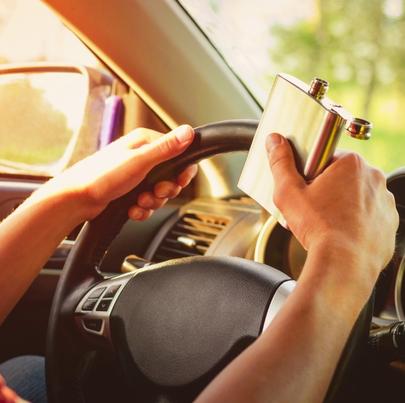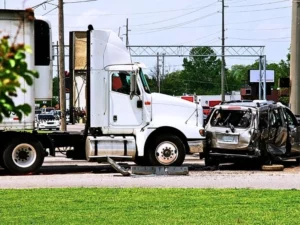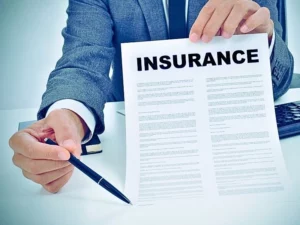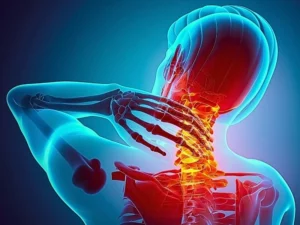According to company regulations, Uber does not tolerate the use of alcohol or drugs by drivers using the Uber app. However, passenger lawsuits alleging drunk driving by Uber drivers raise questions about the enforcement of Uber regulations.
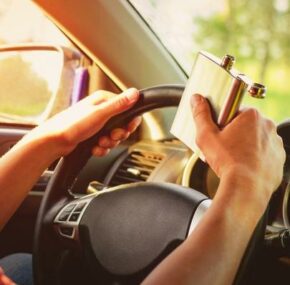
Drunk Uber Drivers on the Road
In the past few years, rideshare accident lawyers have seen hundreds of personal injury claims and civil lawsuits filed by rideshare passengers across the country. Recent investigations show numerous complaints filed by rideshare passengers against Uber drivers for drunk driving. As a result of the investigation, Uber faces 151 violations with fines that total $1,132,500.
Uber has strict safety guidelines for drivers that include zero-tolerance drug and alcohol policies, yet drunk driving is still a problem. Over the years, Uber and Lyft have come under fire for continual reports of drunk driving. Uber is under investigation for allowing its rideshare drivers to pick up and transport passengers while under the influence of alcohol. In 2014 and 2015, the California Public Utilities Commission received 154 passenger complaints involving drunk Uber drivers, but Uber only investigated 21 complaints. Although some drivers had three or more prior complaints, only 25 drivers out of 154 were suspended. In some cases, suspended drivers were allowed to continue picking up and transporting passengers.
In recent drunk driving allegations against Uber, regulators blame the rideshare company for failing to properly review and discipline drunk driving allegations. Instead of investigating driver complaints and enforcing disciplinary measures, Uber complaints were dropped into a general complaint box and never properly investigated by Uber officials.
Rideshare Apps
Uber’s rideshare regulations do not allow its drivers to operate a vehicle while under the influence of alcohol and/or drugs when they are logged into the Uber app. When a driver is logged into the Uber app, this indicates that he/she is on official duty either in route to pick up a passenger, traveling to a required destination, or dropping off a passenger at a specified address. The Uber app plays a significant role in how Uber accidents are handled.
Uber drivers are considered independent contractors, rather than Uber employees. Uber does provide insurance coverage for its drivers, as long as they are logged into the Uber app at the time of the accident. If the driver is logged in, typical insurance coverage includes:
- Bodily injury per accident: $100,000
- Bodily injury per person: $50,000
- Property damage per accident: $25,000
- Third party liability: $1,000,000
- Uninsured motorist bodily injury: $250,000
- Comprehensive and collision deductible: $1,000
If a driver is not logged into the Uber app, Uber insurance coverage does not apply and Uber will not assume liability for accident or injury claims.
Unlike public transportation vehicles such as trains, buses, and taxi cabs, rideshare vehicles are not considered common carriers under state laws. When accidents occur, rideshare vehicles like Uber and Lyft are not bound by the same safety standards or financial responsibilities. If rideshare passengers are injured by a drunk Uber driver who is not logged into the Uber app, passengers can file a personal injury lawsuit with an rideshare accident lawyer for damages. If a driver is not logged into the Uber app at the time of the accident, Uber will likely deny the claim.
Uber Safety
With numerous allegations of drunk drivers, as well as assaults, Uber is taking steps to prevent further accident and injury claims. To improve Uber safety for passengers, Uber launched a new Ridecheck safety app in 2019. The system is designed to flag unusual events that may impact safety for both Uber passengers and drivers. Ridecheck uses GPS data built into sensors in smartphone technology.
If an Uber passenger suspects that his/her driver is under the influence, the passenger can log into the app to terminate the ride and notify Uber of suspicious activity. If a passenger suffers injuries caused by a drunk Uber driver, the passenger should immediately report the accident and get medical help.
Call 911
Call 911 and wait for law enforcement to arrive. Police officers will investigate the accident scene and interview the Uber passengers and the driver. If the driver is intoxicated, he/she may be arrested and charged with drunk driving. Even though Uber has strict alcohol and drug policies, drivers can still be held liable for drunk driving accidents and injuries under state laws.
Seek Medical Attention
Passengers who suffer injuries should seek medical attention as soon as possible. If injuries are caused by a drunk Uber driver, the information provided by a licensed medical professional will be necessary to support a personal injury lawsuit filed by a rideshare accident lawyer in court. If the Uber driver is found guilty of drunk driving, the injured passenger can collect compensation for medical bills, lost wages, and pain and suffering. The Uber driver can also face steep monetary fines, jail time, and driver’s license suspension.

